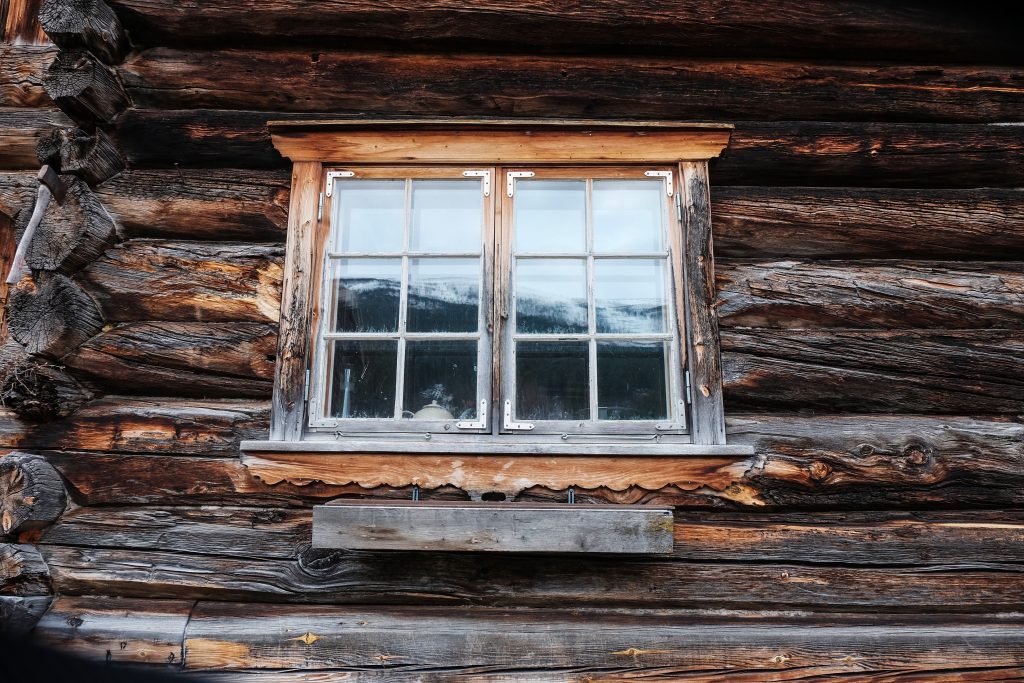If you are dreaming of a sustainable timber home, you may be wondering how to make sure you make the choices that are right for people and planet. Sustainability and trying to live in an eco-friendly way can sometimes feel like something of a minefield. But building with timber can be a great choice.
In this article, we’ll take a quick look at what we mean by ‘sustainable’ when talking about timber construction. And we will walk you through the process involved in making sure that your finished home comes at as little cost as possible for the environment.

What is a Sustainable Timber Home?
When we talk about a sustainable timber home, we are talking about a home which has been build to last. We are talking about a high-quality construction such as oak framed extensions which really can stand the test of time. More than this, however, we are talking about a home which can be built and can meet its occupants needs without compromising the ability of future generations to meet their own needs.
The first thing we need to think about when it comes to sustainability is materials. The choices we make when it comes to materials in the construction industry are very important. The timber we choose for a timber-framed home must come from sustainably managed forestry or woodland. It should ideally be sourced as from as close by as possible – to reduce the carbon cost of transportation. Ideally, we should think about materials which do not require intensive treatment or processing before they can be used.
But creating a sustainable home involves more than just materials use. We also need to make sure that we employ exemplary eco-friendly design. Passive solar design can help make sure that your home, extension or round garden room make the most of the sun’s energy, for example, for heating and lighting. Homes should be designed with function as well as form in mind. And should aim for energy efficiency throughout their lifetime.
Sourcing Sustainable Timber
When it comes to sourcing sustainable timber for your project, working with a good contractor is key. Choose a company which has a good grounding in eco-friendly timber construction, since they will be able to source timber responsibly, and will have good connections with sustainable timber merchants in your area.
Transparency is key. As a client, you can ask where the timber will come from, and specify that you require FSC marked timber, from forest or woodland which has been managed in a holistic, sustainable way. You can also decide to work with high quality native hardwoods, rather than those imported at great ecological cost from abroad. Understanding up front which wood will be used and where it comes from will help you make the right choices from the outset. Remember to consider longevity and ecological cost as well as financial cost when making your decisions.
Working Towards Sustainable Timber Home Design
As well as making sure that there is full transparency, and that you work with a contractor who fully understands your ecological goals, you also need to make sure you work with a company which can offer sustainable design.
The right sustainable timber home company will be able to work with you, the client, to determine a design that meets all of your needs and wishes in a sustainable way. They should be able to advise you not only on the materials choices but also on other aspects of the build, from glazing and window placement to insulation and energy efficiency. It is important that a home is functional as well as beautiful. A good designer will be able to balance all the requirements of a sustainable home.
Finding experts in the timber building industry will help you navigate the minefield of materials and design. They should be able to help you achieve your dream timber build without harming people or planet.
Just make sure throughout that you remain informed. Knowledge is power, and with the right knowledge about the true costs of materials, and the processes involved in building your timber home, you can make sure you minimise your negative impact and create a home that can enrich the built environment and blend in with its natural surroundings for years to come.
